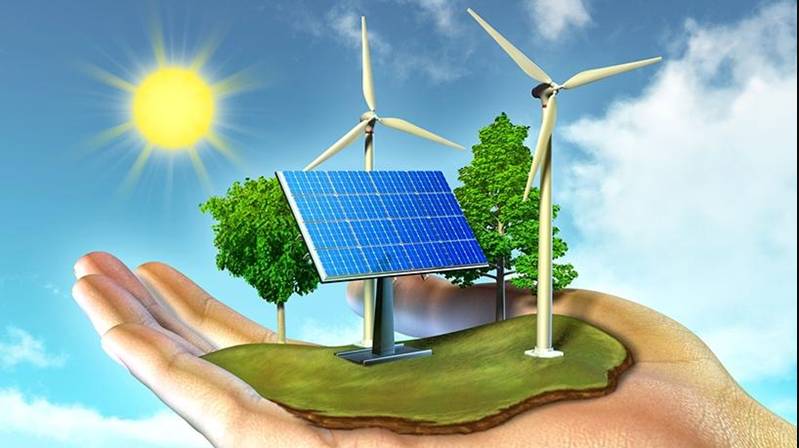The United Nations has urged major tech companies to power all data centres with 100 percent renewable energy by 2030, warning that the rapid growth of artificial intelligence (AI) is placing significant strain on global electricity supplies.
UN Secretary-General António Guterres issued the appeal on Tuesday in New York during the launch of a new energy transition report titled Seizing the Moment of Opportunity, co-authored with the International Renewable Energy Agency (IRENA).
AI and energy
AI is transforming the energy sector, but it’s also intensifying the global electricity demand. According to the UN’s report, a typical AI data centre uses as much power as 100,000 homes, and the largest ones under construction could consume 20 times that.
In 2024, data centres used around 415 terawatt-hours (TWh) of electricity, about 1.5 percent of global power usage. By 2030, that figure could more than double to 945 TWh, roughly equal to Japan’s annual electricity consumption.
The report urges governments and private companies to commit to adopting clean energy to meet this challenge. While digital technologies like AI are accelerating demand, they can also play a key role in managing the energy transition, the report notes.
UN report highlights renewable energy opportunity
The energy report shows that renewable energy accounted for 92.5 percent of new power capacity added globally in 2024. Clean sources like solar and wind are now more affordable than fossil fuels in most regions. Yet, progress remains uneven. While investments in clean energy hit two trillion dollars last year, Africa received just 1.5 percent of it, despite being home to 85 percent of people lacking access to electricity.
The report also warns that geopolitical tensions, trade restrictions, and a lack of investment in developing economies are slowing the global energy transition. These obstacles must be addressed to make renewable energy accessible, reliable, and fair across all regions.
Still, the UN believes the shift to clean energy is inevitable. “The clean energy future is no longer a promise, it’s a fact,” said Guterres. “No government, industry, or special interest can stop it.”
A just and inclusive energy future
To ensure an equitable transition, the UN calls for targeted policies that support vulnerable communities and displaced workers. Governments are encouraged to retrain workers affected by the shift away from fossil fuels and expand access to clean cooking and electricity for all by 2030.
Guterres also urged G20 countries, which produce most of global emissions, to lead by example. “The race for the new must not be a race for the few. It must be a relay—shared, inclusive, and resilient,” he said.
As AI continues to reshape industries and societies, the UN’s message is clear: technology must evolve hand in hand with sustainability.
















